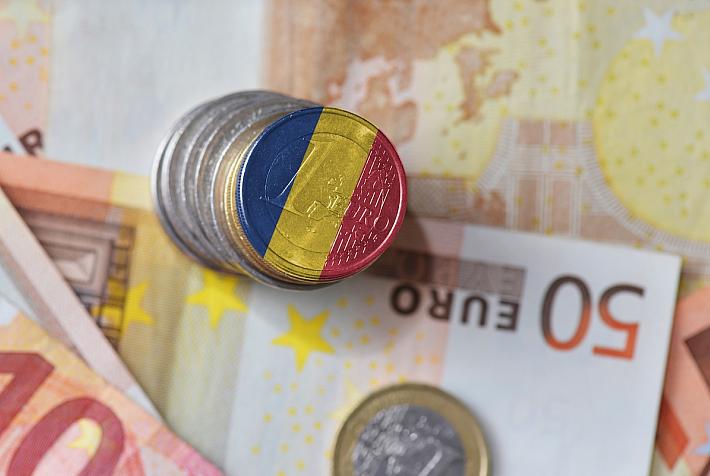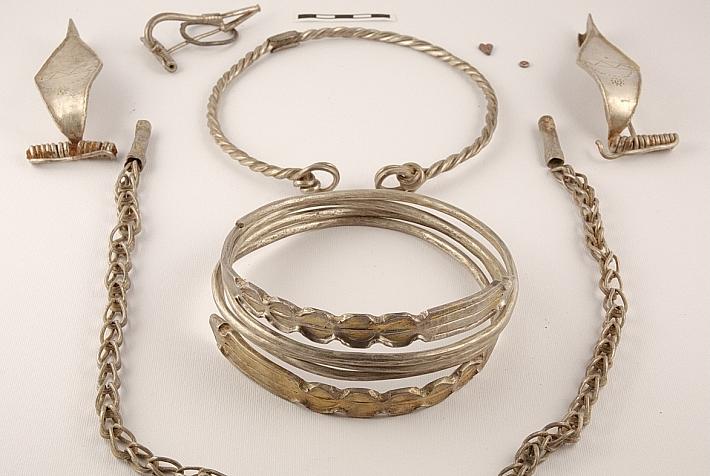Once upon a time: 10 Romanian tales to know and tell

Before Harry Potter and princess Elsa were capturing the imagination of children and teenagers everywhere, local generations were growing up with the stories written or collected by Ion Creangă and Petre Ispirescu. Their tales are classics of Romanian literature and many of them can also be read in translation. Here is an overview some of the best-known ones, recounting acts of courage and industriousness, formative challenges and impossible aspirations.
Capra cu trei iezi / The Goat and Her Three Kids, by Ion Creangă
This is the story of the mother goat and her three kids and of what happens after she leaves them home by themselves while she is away to provide food for the family. She instructs them to open the door of the house only when hearing her sing a specific song. But the bad wolf overhears the conversation and what follows is no fairy tale.
Fata babei şi fata moşneagului/ The Old Man’s Daughter and the Old Woman’s Daughter, by Ion Creangă
The tale contrasts the lazy and badly-behaved old woman’s daughter with the diligent, patient and well-behaved old man’s daughter, who is driven out of her home by the scheming of her stepmother and stepsister. She travels to find work and is rewarded plentifully for the good deeds she performs during her journey and at her found patron. Not something that will happen to the old woman’s daughter when she attempts a similar voyage.
An English-language translation of the story is available here.
Povestea lui Harap-Alb/ The Story of Harap-Alb, by Ion Creangă
Harap-Alb is the youngest of the king’s three sons and the only one who successfully passes his father’s courage test. He is thus sent to his uncle’s kingdom to marry one of his daughters. The journey there is filled with adventures, testing various of his skills, which he puts to use with the help of friends he made along the way, each with their own impressive powers. The hero even needs to be revived by his soon-to-be bride but all ends well in this case.
Punguţa cu doi bani/ The Little Purse with Two Halfpennies, by Ion Creangă
This story centers on the adventures of a rooster, whose owner wants him to start laying eggs, just as his partner’s hen does. Since it predictably results impossible, the rooster is sent away to make himself useful to his owner. The rooster’s powers prove impressive as it persistently fights to keep a purse with two halfpennies it found and wants to return to his owner, who ends up richer than he ever thought possible.
Ursul păcălit de vulpe/ The Bear Fooled by the Fox, by Ion Creangă
Also set in the animal kingdom, this one pits the fox against the bear. After making an illegitimate capture of fish, the fox draws the attention of the bear, who also wants to sample some of the food. But the fox advises him to go fishing and use a method which will leave the bear without his tail. No luck for the bear when trying to get his revenge either.
Prostia omenească/The Human Foolishness, by Ion Creangă
This story focuses on one’s men search to find anyone more stupid than his family. His search doesn’t take too long as he encounters various examples, from someone trying to capture sunlight in a bucket instead of making a window for his house or someone who attempts to get his cow to climb the ladder to be fed rather than take the fodder down from the barn.
Greuceanu, collected and recounted by Petre Ispirescu
Brave Greuceanu embarks on a search for the sun and the moon, which had been stolen and no man in the kingdom had proved able to find and return. He has to fight many deceiving monsters in his journey but the promise to marry the king’s daughter awaits if he proves successful in his endeavor.
Prâslea cel voinic și merele de aur / Mighty Prâslea and the Golden Apples, collected and recounted by Petre Ispirescu
Prâslea, the youngest son of the emperor, volunteers to guard the garden hosting an apple tree producing golden apples. His proposal to the emperor, initially met with skepticism, comes after his older brother and many others have failed in protecting the garden from thieves. He succeeds in the task and goes on to search for the perpetrator only to find and fight ogres and the envy of his brothers but also encounter his future bride.
An English language translation of the work can be read online here. It starts on page 26.
Sarea-n bucate/ The Salt in Your Food, collected and recounted by Petre Ispirescu
The youngest of the king’s daughter upsets her father when she confesses she loves him ‘like the salt in your food.’ She is sent away from home but manages to find a way to make a living and eventually marries into another royal family, not before proving her father that one can live without sugar and honey but not without salt.
A bilingual (Romanian & English) edition of the book is available here.
Tinerețe fără bătrânețe și viață fără de moarte/ Youth Without Age and Life Without Death, collected and recounted by Petre Ispirescu
This is the story of a king and queen who promise their unborn son, who wouldn’t stop crying, that they would gift him ‘youth without age and life without death’. As he grows up and the promise cannot be fulfilled, he decides to go encounter it himself. And although he does find the place where eternal youth is possible an unexpected event awakens in him the longing to return home, among the mortals.
Some of the tales collected by Petre Ispirescu were gathered in a bilingual (Romanian & English) illustrated children’s book in 2009. A 2010 edition features a selection of Romanian fairy tales selected by Mite Kremnitz, a German writer who co-authored several novels with Queen Elisabeth during the 1800's, and J. M. Percival. Both books are available here and here.
Some of the best-known Romanian tales can also be found in a Romanian-English-French edition published by Paralela 45 publishing house at the end of last year. The book can be found here.
By Simona Fodor, Associate Editor, simona@citycompass.ro











